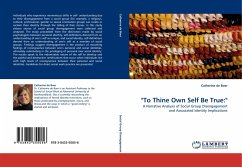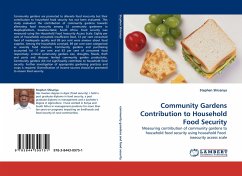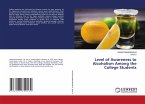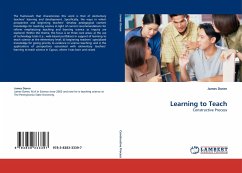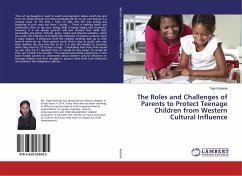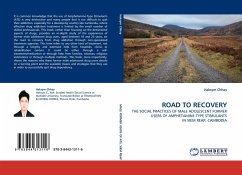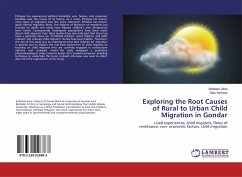Individuals who experience momentous shifts in self- understanding due to their disengagement from a social group (for example, a religious, cultural, professional, gender or sexual orientation group) can create or reclaim their identity through the telling of their stories. In this study sixteen stories of social group disengagement were collected and analysed. The study proceeded from the distinction made by social psychologists between personal identity, self-definitions derived from an understanding of one's self as unique, and social identity, self-definitions derived from an understanding of one's self as a member of social groups. Findings suggest disengagement is the product of mounting feelings of incongruence between one's personal and social identities, ultimately culminating in the privileging of personal over social identity. The results speak to the indomitable nature of the self to develop and the painful and destructive ramifications that occur when individuals live with high levels of incongruence between their personal and social identities. Guidelines for direct social work practice are presented.

